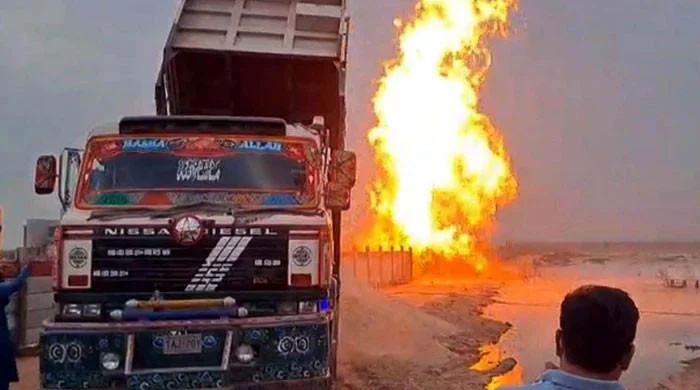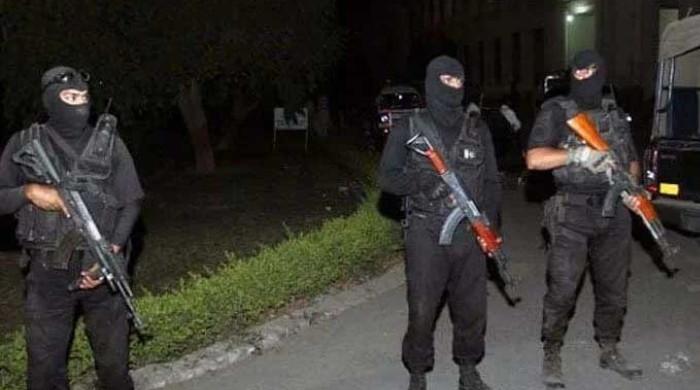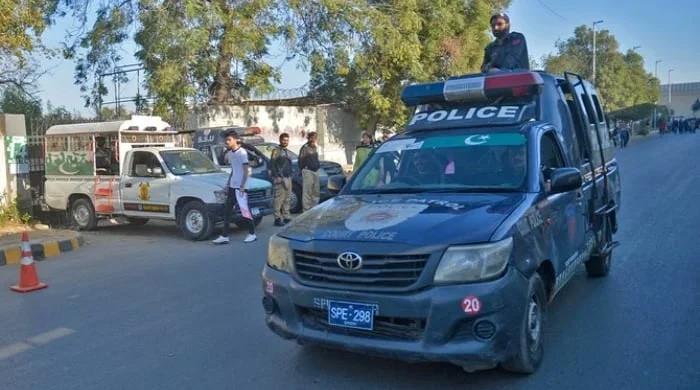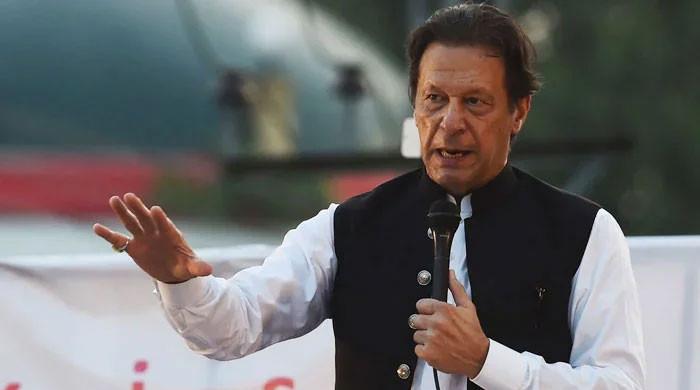What should be the role of the UK in the Afghan peace process?
British Army ought to be morally, emotionally invested in the outcome of the Afghan conflict and peace process
August 12, 2021
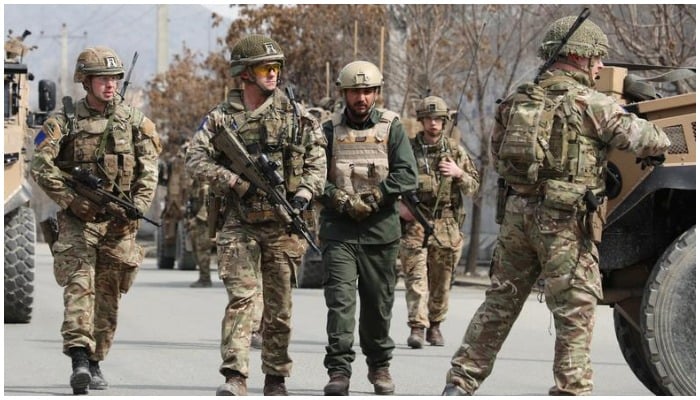
Updates on the situation in Afghanistan have consumed Twitter while the Taliban have been gaining ground since the withdrawal of the US and NATO troops from the country.
While these updates are necessary and important for the outside world, their details are distressing, with the platform being used to validate claims made by both Afghan security forces and by the Taliban.
Commentators have decried the withdrawal of troops online, warning that Taliban gains and low morale among Afghan security forces is a worrying sign of what is to come. There has also been widespread criticism of the UK government's policy for rejecting former Afghan interpreters and other staff as ineligible for relocation to the UK, which leaves them vulnerable to vengeful attacks by the Taliban.
But commentators also seek to remind the world that the Afghan security forces are highly trained and committed individuals who must be trusted to protect their country from the brutality of the Taliban. That hope must not be surrendered.
In The Sunday Times, General Sir Nick Carter suggested that despite the gains of the Taliban and the “potential humanitarian disaster… it is too soon, however, to write off the country.”
High-ranking officers ought to boost morale and maintain support for soldiers in conflict. Moreover, given the role that the UK has played in Afghanistan for the past twenty years, the British Army ought to be morally and emotionally invested in the outcome of the Afghan conflict and peace process.
This has been exemplified through the outpouring of support among serving and veteran British officers regarding the protection of Afghans who served alongside them.
The media’s portrayal of Afghanistan is key in this regard and there have been calls that the media ought not to catastrophise the situation for the sake of it. It is detrimental to the spirit of the Afghan security forces and to the Afghan people.
However, the reality on the ground is making cautious optimism increasingly more difficult to maintain. Recent developments emphasise that violence is erupting and that history may very well soon, if not already, be repeating itself.
The Taliban has now taken control of several regional capitals, one of the most significant being Kunduz. The loss of Kunduz is of great strategic importance, particularly because the city has a border with Tajikistan through which drugs are smuggled.
The moves by the Taliban are threatening the civilian population in its entirety.
Academics are composing threads on Twitter to disseminate these events, such as Dr Mike Martin, a visiting research fellow at King’s College London. He describes on his Twitter feed how local officials in Helmand have changed sides by joining the Taliban following threats, some of whom have since not been heard from, and how Afghan and US-led airstrikes have made casualties of civilians as well as their intended targets. But Dr Martin does balance this with the fact that the government has regained a “degree of control” in Lashkargah following its operations.
Though this is the intended goal of these airstrikes, one must bear in mind the other consequences of such tactics. As history has shown, these airstrikes will contribute to a larger sense of disillusionment that people feel towards the US and other governments as a result of the huge ‘collateral damage:' a term that inherently dehumanises murdered civilians and rightfully raises questions of an ethical nature.
Many Afghans are facing displacement as a result of ongoing fighting and this will likely lead to further refugee and humanitarian crises. The UNHCR reported that between January and July 2021, the displaced population had increased by 270,000 people.
Recent cuts to UK foreign aid are thus worrying, given that financial appeals, such as those by UNHCR, are already underfunded. COVID-19 has also further complicated the humanitarian situation, with issues related to access to healthcare and awareness around preventing transmission of the virus.
Who will take responsibility for the growing refugee population remains unclear. Bordering countries like Pakistan and Iran, which have borne a majority of this population in the past, cannot be expected to bear this on their own. The wider international community ought to play its part, whether through acceptance of refugees into their own countries or through providing aid to organisations like the UNHCR.
Foreign nationals are also being warned to leave the country. The Foreign, Commonwealth & Development Office updated its travel advice on August 6, stating that all “British nationals in Afghanistan are advised to leave now by commercial means.” This signals that Afghanistan is no longer safe for British nationals, a message which would undoubtedly spark worry and a foreboding sense of abandonment among the Afghan population.
Finally, the economic implications of the deteriorating situation are becoming more apparent.
On August 8, Khaama Press reported that Iran made the decision to close its border with Afghanistan due to increased fighting. With Iran being one of Afghanistan’s biggest trade partners, the economic fallout of the surge in violence will be significant for Afghanistan.
Overall, then, Afghanistan faces growing instability and impending humanitarian crises. The Afghan people, and their neighbours, must face a shocking but precedented reality that has accompanied the withdrawal of troops.
Millions of Afghans have been forced to flee as refugees due to prior conflicts and so have many thousands more since. Those that remain will have to endure further violence between the Afghan security forces and the insurgent Taliban, not to mention abhorrent human rights abuses should the Taliban succeed in holding their advances.
The writer is a researcher in the UK and is soon to begin her PhD. She tweets @MaryFloraHunter





